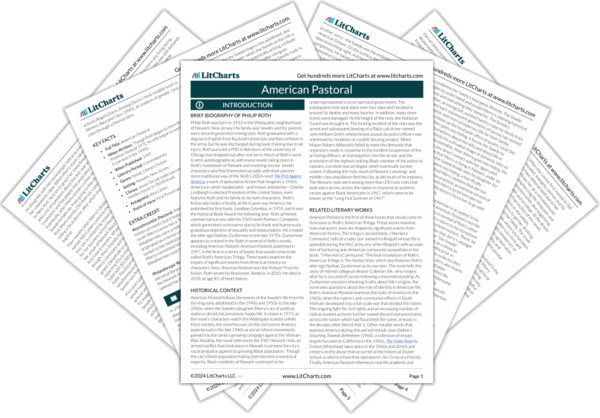Just as suddenly and violently as they struck, the Swede’s major revelations about all he’s gotten wrong in life vanish as reality sets in and he starts to worry about the real, tangible consequences of his telling Sheila and Jerry about Merry’s three other murders. This is a pattern for the Swede—he has a new, compelling revelation that could perhaps guide him to rearrange his priorities, change his perspective, and live a better, fuller life going forward. Then, before he has a chance to act on his new wisdom, he forgets what he has learned and returns to his old ways. This pattern highlights how even as people try to be more introspective and open to change, people continually lie to themselves and fall back into old, bad habits.
